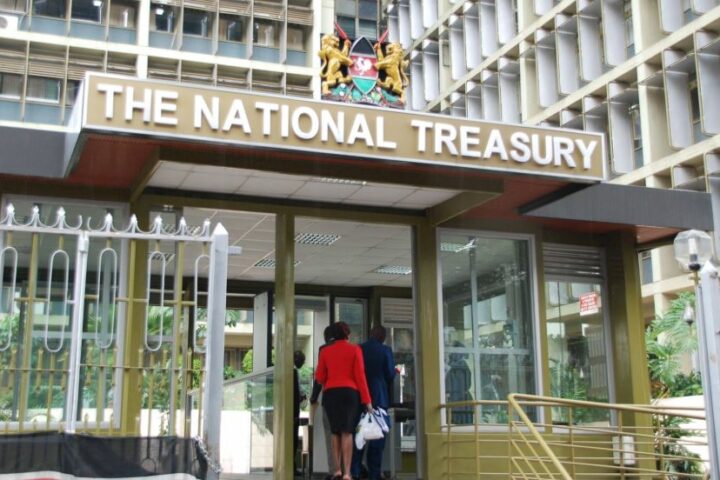 The Supreme Court has suspended a Court of Appeal decision that nullified the Finance Act, 2023, allowing the government to continue collecting taxes under this extended law.
The Supreme Court has suspended a Court of Appeal decision that nullified the Finance Act, 2023, allowing the government to continue collecting taxes under this extended law.
In its ruling, the apex court highlighted the importance of public interest, stating that the suspension would help maintain stability during the ongoing budgeting and appropriation process.
The justices involved in the ruling—CJ Martha Koome, DCJ Philomena Mwilu, Smokin Wanjala, Njoki Ndung’u, Isaac Lenaola, William Ouko, and Mohammed Ibrahim—emphasized the urgency of the situation.
“In view of the public interest in the matter, we direct that the consolidated appeal be set down for hearing as soon as possible after delivering this ruling,” they stated.
In a notice of motion submitted to the Supreme Court, the State, led by the Treasury Cabinet Secretary, the Attorney General, the National Assembly, and the Kenya Revenue Authority, sought a stay of execution for the Court of Appeal decision pending the appeal’s hearing and determination. The appellants argued that the Court of Appeal’s decision created a problematic scenario, requiring the government to rely on the Finance Act, 2022, for revenue collection in the upcoming fiscal year. This situation arose because the Finance Bill, 2024, had been withdrawn.
The appellants further warned that nullifying the Finance Act, 2023, would result in a revenue shortfall of Kes. 240 billion. They argued that without urgent stay orders from the court, the government could not recover this loss. They asserted that this revenue shortfall posed a significant challenge to the country’s monetary and fiscal policy.
Moreover, the State cautioned that nullifying the Act could trigger a constitutional crisis by obstructing the government’s ability to collect and distribute funds lawfully. The disruption could lead to interruptions or halts in essential public services, potentially culminating in a complete government shutdown.
The applicants suggested that to address the fiscal deficit created by this shortfall, the government might have to resort to borrowing, which could significantly increase public debt and inflation. They also expressed concern that the decision would expose the government to numerous legal challenges, including lawsuits from stakeholders affected by the disruptions in financial operations.
The Kenya Revenue Authority (KRA) at the same time informed the Supreme Court that eTims, the tax collection system, had already been procured and installed. They explained that annulling the law would require the government to revert to the old system, which would be both costly and inconvenient.
In delivering its decision, the Supreme Court remarked, “Taking into account the uncertainty surrounding the revenue-raising measures and the difficulties that may arise in the operations of the two levels of government, as posited by the applicants, along with the far-reaching implications of declaring the entire Finance Act, 2023 unconstitutional, we believe that the consolidated appeal may be rendered nugatory. Additionally, prima facie, we are not convinced that the consequences of such a declaration would be reversible if the consolidated appeal succeeds.”
As a result of this ruling, Kenyans will continue to pay all taxes outlined in the contested law, including a 16 percent value-added tax on fuel. The consolidated appeal is set to be mentioned before the court’s deputy registrar to ensure compliance with earlier directions regarding filings.
The case will be heard virtually on September 10 and 11, 2024, beginning at 9 AM each day.








